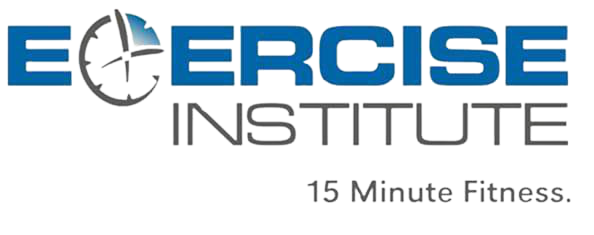Strength Training Trumps Cardio for Effective Fat Loss: Here's Why
Exercise itself is not the ideal mode for weight loss. Exercise has many benefits to the body that have nothing to do with weight loss. Exercise can:
improve muscular and cardiorespiratory fitness.
increase bone density and function.
reduce the risk of hypertension, coronary heart disease, stroke, and diabetes.
reduce the risk of falls and fractures.
improve mental health.
Exercise coupled with a proper nutrition program is ideal for weight loss, but what kind of exercise is superior for fat loss?
Cardio for fat loss is a myth that has been widely accepted. We have our smart watches that track our miles, steps, & calories burned. We have been told that the more cardio we do, the better. This isn't true. In fact, too much cardio can actually hinder our fat loss goals. Not to say that you shouldn't partake in physical activities, but you should be mindful of how you prioritize your exercise modalities if your goal is fat loss.
Cardio seems ideal for fat loss because it has likely helped you lose weight in the past. If you start running regularly, you will probably see the number on the scale go down. The problem is that your scale doesn't differentiate fat mass from fat-free mass (bones, muscle, water, and everything else). We have assumed that cardio has helped us lose fat, but that isn't necessarily true. Cardio in itself doesn't build a lot of muscle. Actually, the opposite can happen. Running, and other cardiovascular exercise can utilize muscle for energy. You may drop weight when running, but you are not just losing fat mass you are losing muscle mass as well.
Strength training on the other hand builds muscle. Many people get discouraged when they start a strength training program and the number on the scale either doesn't change, or it goes up. Most likely because you are gaining muscle mass & losing body fat at the same time. Again, exercise alone isn't ideal for fat loss, but gaining muscle is! Muscle requires energy in order for you maintain it. The more muscle you have, the higher your basal metabolic rate (the number of calories you burn at rest). This is why strength training is superior for fat loss, and it will help you keep off the weight that you lose.
The scale alone is not ideal for tracking fat loss. A more accurate way to track progress would be our Inbody scan. This can differentiate your fat mass from your fat-free mass. You can schedule this scan with your trainer at any time. Another way to track progress is by how you feel, how your clothes fit, and how you are able to move your body in ways you struggled to do so before. Strength training has so many great benefits that cardio exercise alone does not, like improving bone mineral density, lean mass and muscular strength. It also improves cardiovascular fitness & muscular endurance.
Lastly, if your goal is fat loss, you need to look at your nutrition. Remember, exercise alone is not ideal for weight loss. It is all about energy in and energy out. While strength training will increase your metabolism, you need to make sure that you are properly fueling your body for your goals. If you need guidance on your nutrition, please schedule a consult with one of our in-house nutrition specialists. They will be happy to assess your current nutrition habits and help you get on the road to success.
References
University of New South Wales. "Strength training can burn fat too, myth-busting study finds." ScienceDaily. ScienceDaily, 22 September 2021 <www.sciencedaily.com/releases/2021/09/210922121905.htm>.
BROEDER, CRAIG E.; BURRHUS, KEITH A.; SVANEVIK, LARS S.; VOLPE, JOSEPH; WILMORE, JACK H.. Assessing body composition before and after resistance or endurance training. Medicine & Science in Sports & Exercise 29(5):p 705-712, May 1997.

